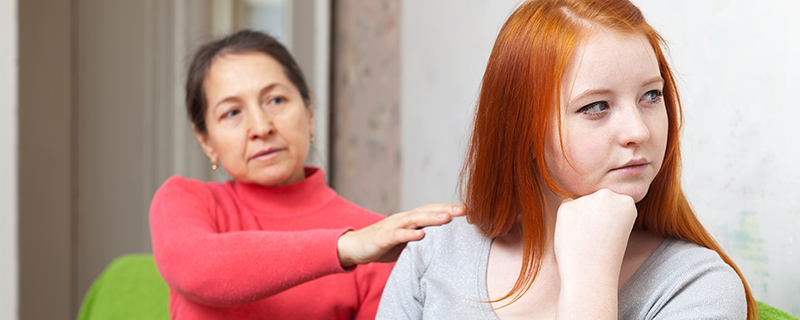
Myth
Adopted children will become confused about who their “real parents” are and suffer identify issues. Adopted children will become confused about who their “real parents” are and suffer identify issues.

Reality
Adopted children and youth are not confused about who their parents are. They understand the different roles adoptive and birth parents play in their lives. They recognize who gave them life and who cares for them on a daily basis. Open relationships and conversations about adoption often help strengthen the adopted youth’s sense of identity.
Birth parents will try to “reclaim” their children.

There is no evidence that birth mothers try to take back their children in an open adoption. In some studies, ongoing contact with birth parents has led to increased comfort levels and helped adoptive parents ease such fears. (It is important to remember that birth parents have terminated parental rights and can’t decide after several years to take back their children.)
Birth parents will interfere in the adoptive families’ lives, and parents will be confused about their rights and responsibilities.

Participants in open adoption are generally not confused about their parenting rights and responsibilities. In fact, some adoptive parents in open relationships report feeling a greater sense of entitlement to parent their adopted child.
Birth mothers in open adoption will have more problems with feelings of grief and loss.

Many birth mothers are able to deal with their grief, loss, and sadness better in open adoption than in closed adoption.
Findings based on the work of the Minnesota/Texas Adoption Research Project.
Please note: The Adoption Assistance Program (AAP) does not promote or endorse any websites, organizations or individuals that may be linked from this site. The AAP does not guarantee the accuracy of the information or the appropriateness of advice for a particular situation. It is our intent to assist users in their search for reliable and useful sources of information pertaining to adoption, legal guardianship, and parenting.